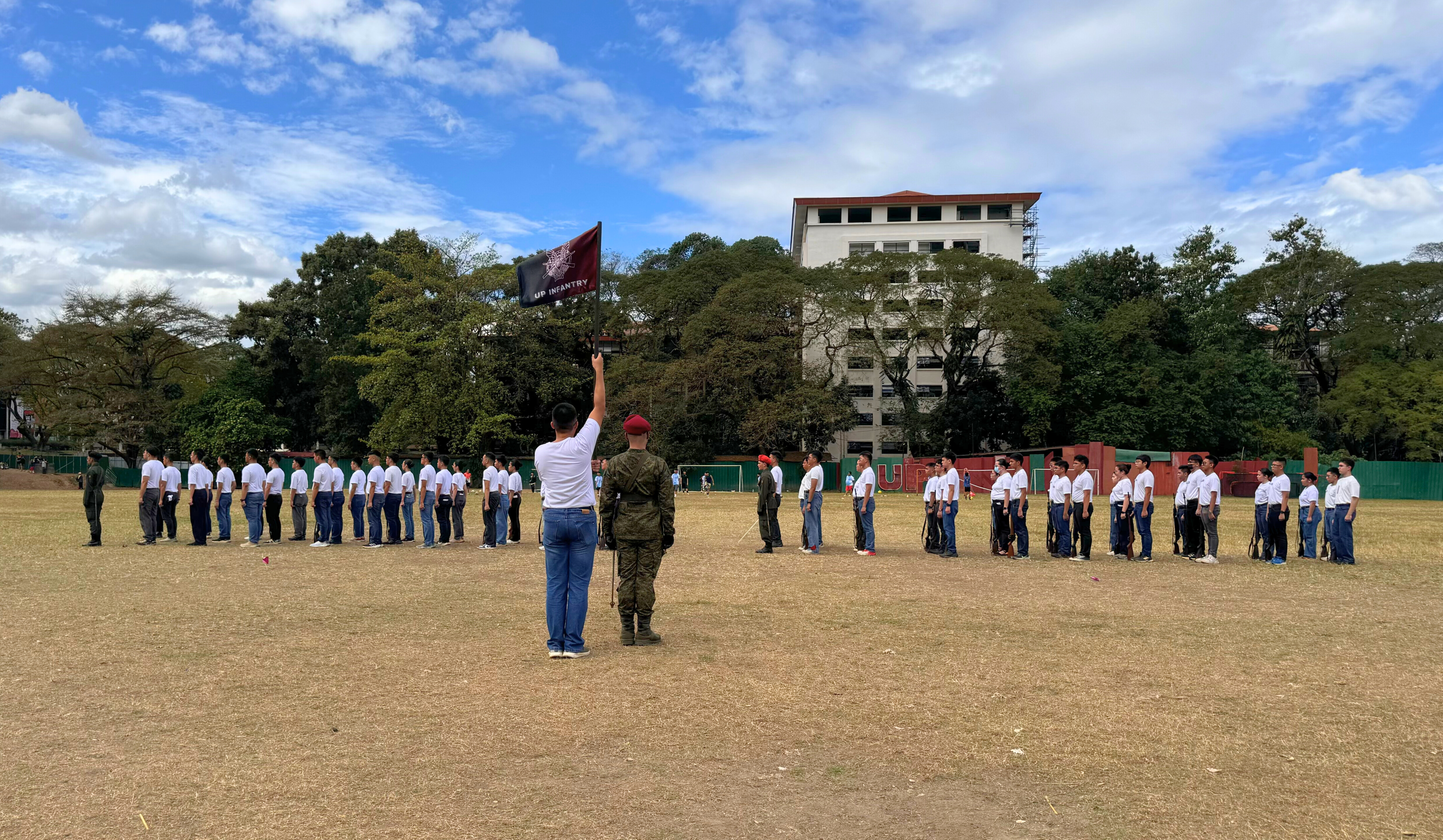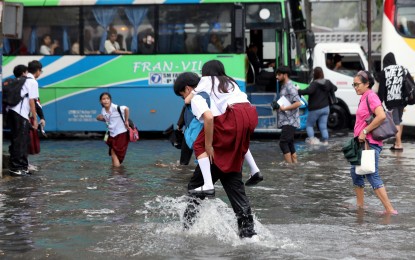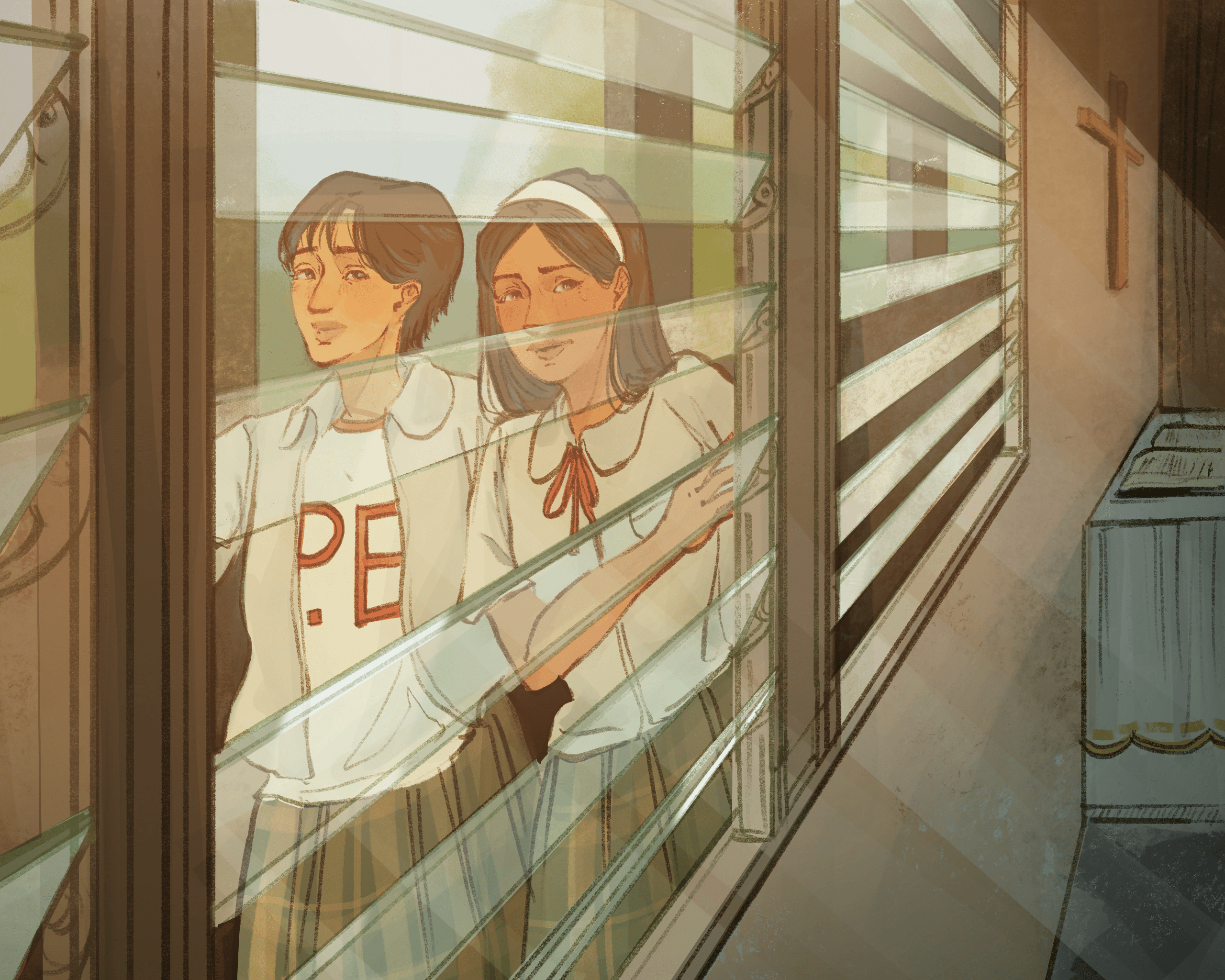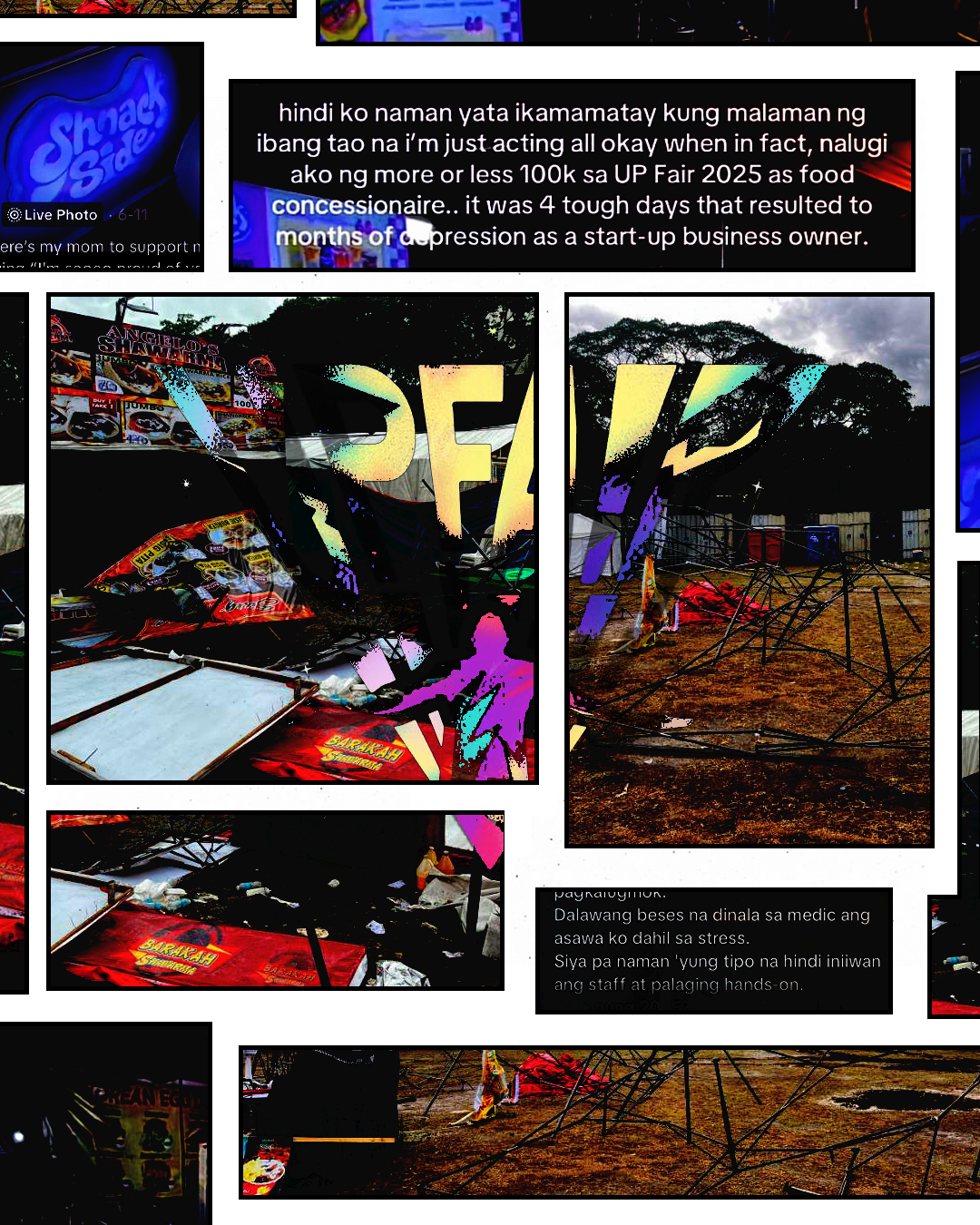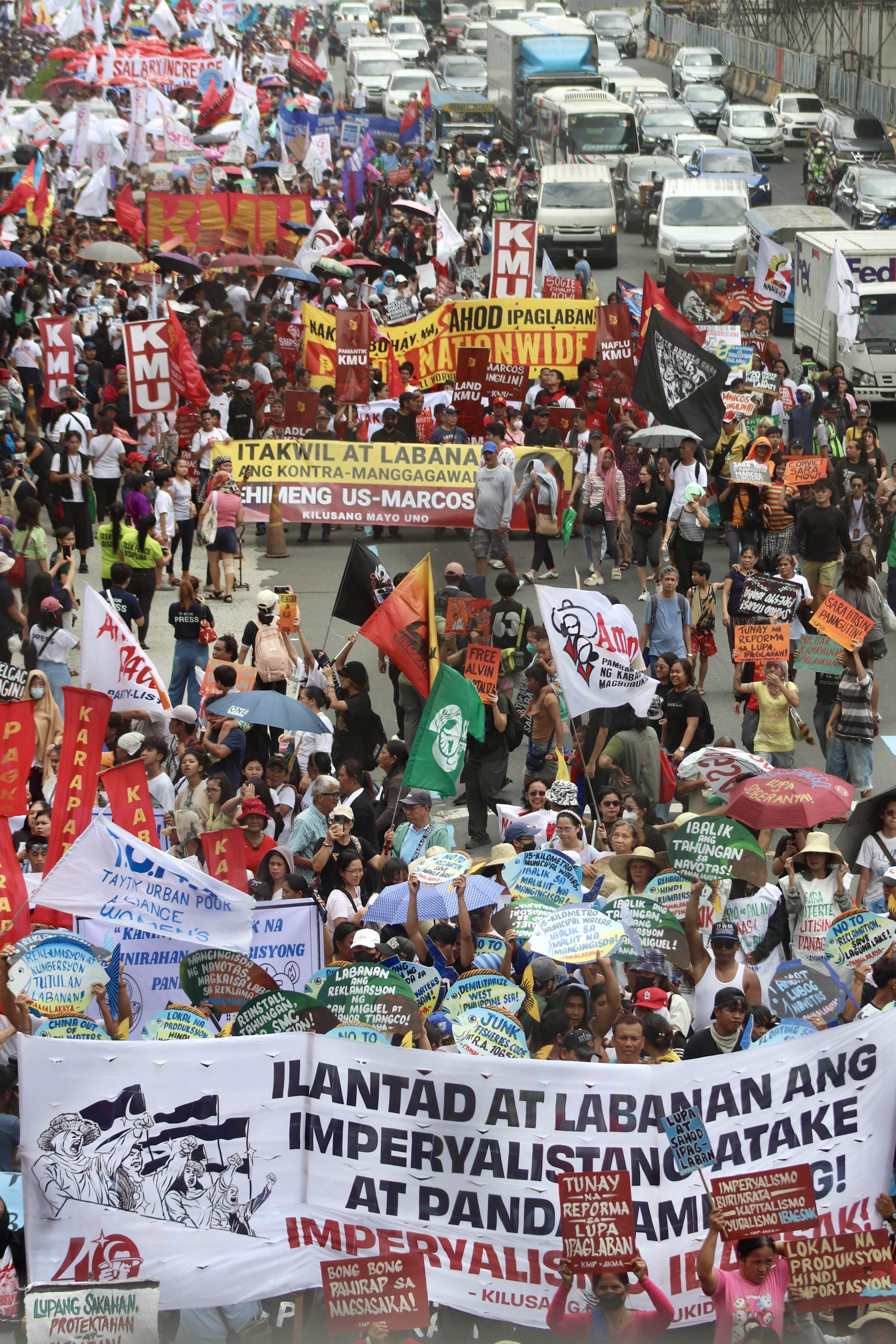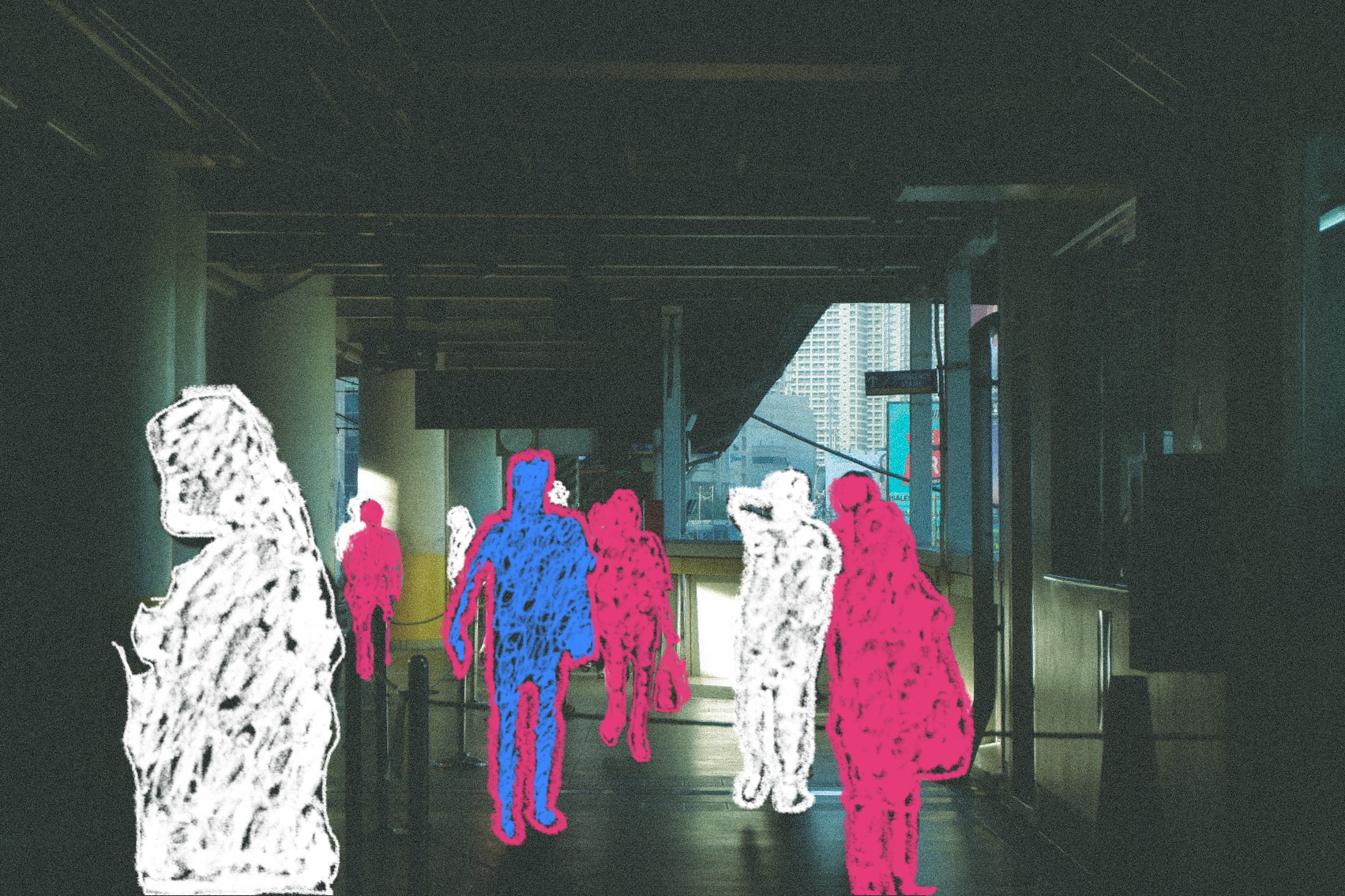I have long held the conviction that everything is political. My entry to the corps rendered this visceral. What I thought would be a practical shortcut quickly revealed itself as a microcosm of the country’s socio-political order.
It was already too late when my adviser instructed me to take the National Service Training Program (NSTP) for my first year in BA Theatre Arts, because the advanced freshman registration had thus far passed. While seeking advice, Reddit's positive reviews of the UP Diliman (UPD) Reserve Officers' Training Corps (ROTC) and its promise of coveted PE units tempted me to enlist.
In reality, the so-called “tamer” ROTC program in UP compared to other universities, owing to its feudal nature, was rather a whirlwind of inefficiency and disorganization — a failure to prepare trained officers for service.
While ROTC does emulate the formalities that accompany military discipline, it engendered instead an imitation of nationalism — one that conflates patriotism with subservience, and civic virtue with compliance.
What ROTC institutionalized was an unsustainable delegation of responsibility biased against student-officers charged with delivering our lectures. This simulation of military structure, where junior leaders are tasked to train subordinates, placed the former under immense pressure to juggle academic and military responsibilities. There were even accounts of officers staying in the barracks the entire night before a training day to fulfill these obligations.
Along with the corps’ dependence on its student-officers, a cadet’s appearance is expected to be perfect — from their uniform and handkerchief to their tickler notebook. A small slip-up may penalize them with a demerit. To boot, one’s mistake could implicate the entire unit, even leading to larger punishment for the cadet officer.
We cadets were taught how to point firearms, but also implicitly to be a victim held at gunpoint — mindlessly submitting to our superiors. The idea of superiority was like an unsaid gospel, discouraging us from voicing concerns. This in itself was a contradiction of the program’s thrust of active followership.
This dissonance between ideals and actual on-ground experience extends beyond teaching and into administrative foundations. Ironically, the promise of the program being credited as two PE subjects, was broken. What started as two needed events we need to render for credit called "details” became four without early notice. This bait-and-switch left graduating cadets in limbo and jeopardized their graduation.
Such logistical failures are symptomatic of deeper institutional pitfalls. NSTP’s very existence, especially ROTC, highlights a disconnect between its mission to foster civic consciousness and defense preparedness and its actual outcomes: students graduating with little faith in the need to serve.
This shortcoming has been made into a longstanding concern, especially with the government's renewed consideration of mandatory ROTC (MROTC). The UPD NSTP Council’s opposition to MROTC, advocating instead for voluntary, inclusive community engagement and human rights protection, only underscores the urgency to reevaluate the philosophical and practical foundations of national service education.
Indeed, everything is political, and NSTP faces a political and pedagogical crossroads. If it is to rise to its mandate of nation-building, it must reject inherent militarism in favor of a radically reimagined model of service, one that cements nationalism in a student-oriented foundation. ●
First published in the June 10, 2025, print edition of the Collegian.
